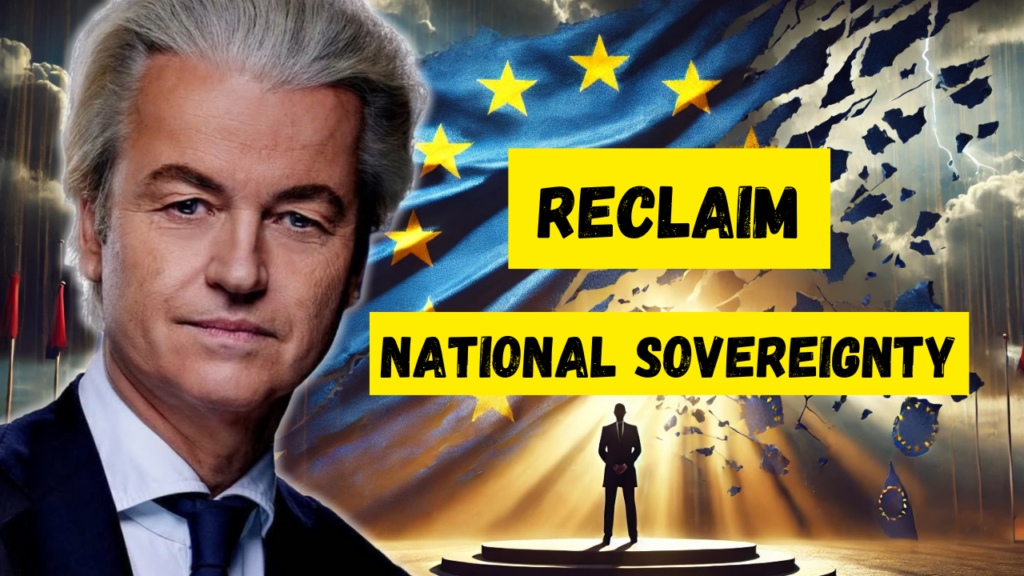In a passionate address, Geert Wilders critiques the current state of leadership in Europe, emphasizing the need for strong nation-states and a reevaluation of immigration policies. He argues that the European Union’s governance has led to a disconnection from the needs of the people, urging a return to national sovereignty and identity.
Table of Contents
The Leadership Crisis in Europe
The leadership crisis in Europe is evident in the lack of strong, decisive figures willing to confront pressing issues such as immigration, energy shortages, and inflation. Many European nations are not being led effectively, leaving citizens feeling abandoned. The absence of competent leadership has resulted in widespread disillusionment among the populace.
Countries like Hungary stand out for having leaders who are willing to take a stand, yet they are often criticized by the European Union. This double standard highlights the need for a reevaluation of what constitutes effective leadership in Europe.
Corruption Within the European Union
The European Union is perceived as corrupt at its core. Leaders within the EU, such as the President of the European Commission, are accused of being out of touch with the realities faced by ordinary citizens. This corruption undermines the credibility of the EU and its institutions.
Critics argue that the EU has become a breeding ground for nepotism and favoritism, where leadership is defined not by the people’s needs but by personal connections within the European Council of Ministers. This situation demands urgent reform to restore trust and accountability.

Taking Back Leadership in the Netherlands
In the Netherlands, there is a strong desire to reclaim national leadership. The political landscape is shifting, with opposition parties gaining traction as citizens seek alternatives to the current government. The upcoming elections will be crucial in determining the future direction of Dutch politics.
The strength of the opposition party is a beacon of hope for those who believe in the need for change. A strong showing in the elections could signal a new era of governance that prioritizes the needs and desires of the Dutch people.
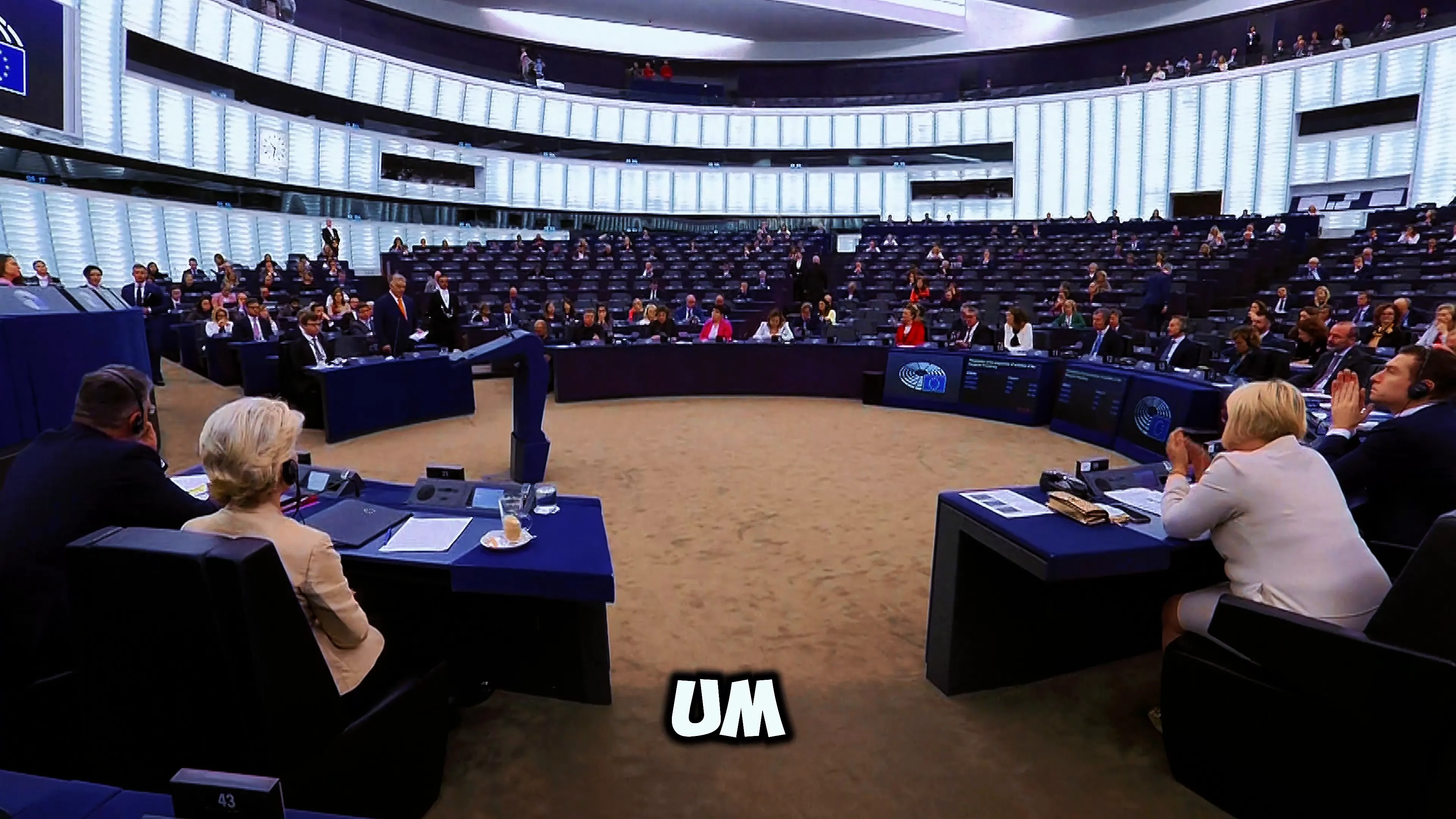
The Importance of Strong Nation-States
Strong nation-states are essential for the functioning of democracy. Each country must have the sovereignty to make its own laws, manage its budget, and control its immigration policies. The current situation, where decisions are made in Brussels, dilutes national identity and autonomy.
Citizens must feel a sense of belonging and pride in their national identity. A robust cultural identity fosters unity and allows people to rally around shared values and goals. Without this, nations risk losing their essence and purpose on the global stage.

The Problem of Unelected Governance
Unelected officials in the European Union wield significant power, often without accountability to the people. This governance model raises concerns about legitimacy and representation. Citizens have little say in the decisions that affect their lives, leading to frustration and discontent.
Reclaiming national sovereignty means taking back control from these unelected bodies and ensuring that laws reflect the will of the people. The need for a government that is responsive and accountable to its citizens has never been more pressing.
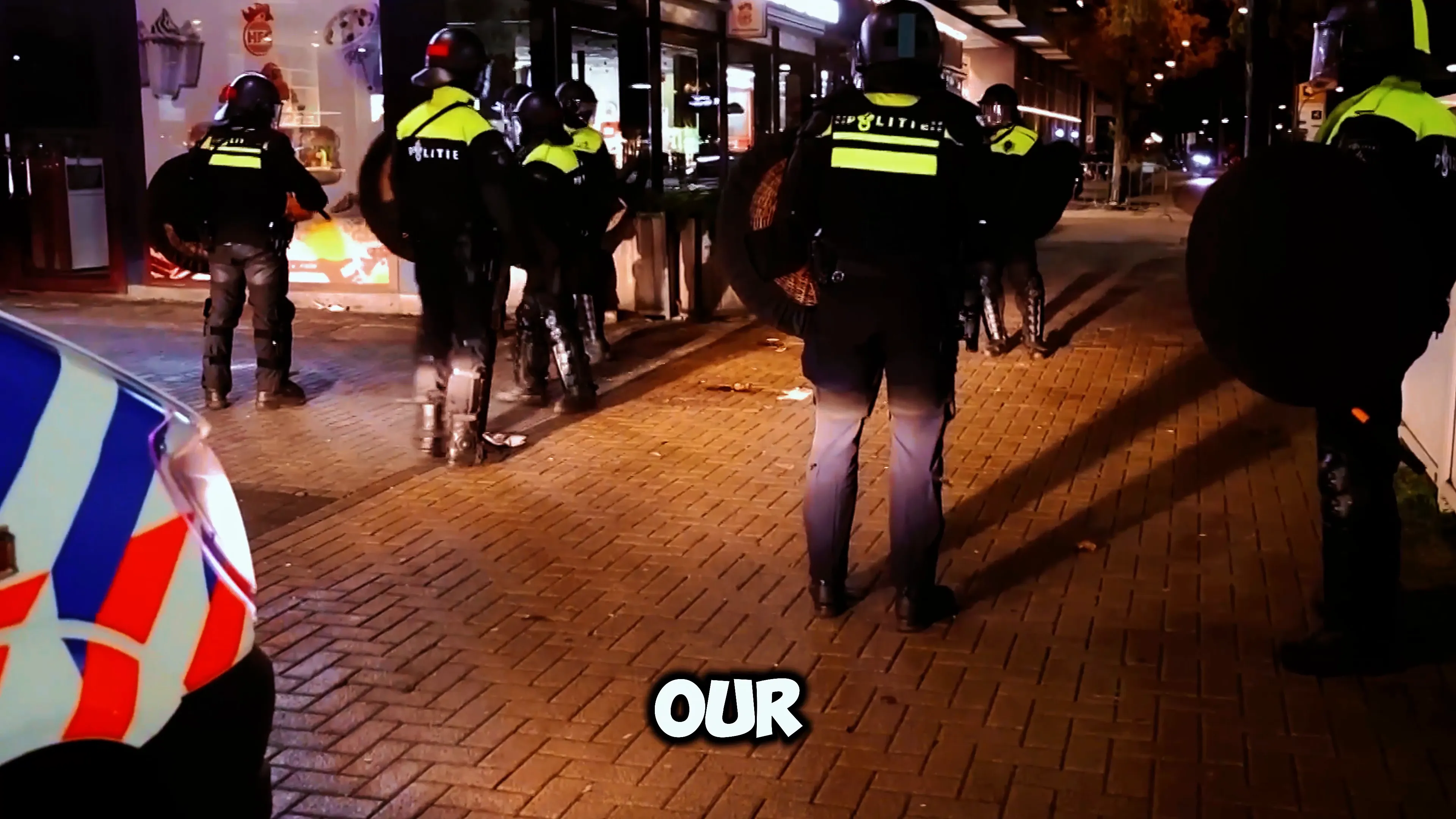
Lessons from the ‘America First’ Approach
The ‘America First’ approach serves as a model for European nations to prioritize their own interests. Countries should seek to protect their citizens and promote national well-being above all else. This philosophy encourages nations to focus on their own needs while engaging in cooperative agreements when beneficial.
Reassessing the European Union’s political union in favor of an economic partnership could lead to stronger, more independent nations. By adopting a similar mindset, Europe can reclaim its identity and sovereignty.
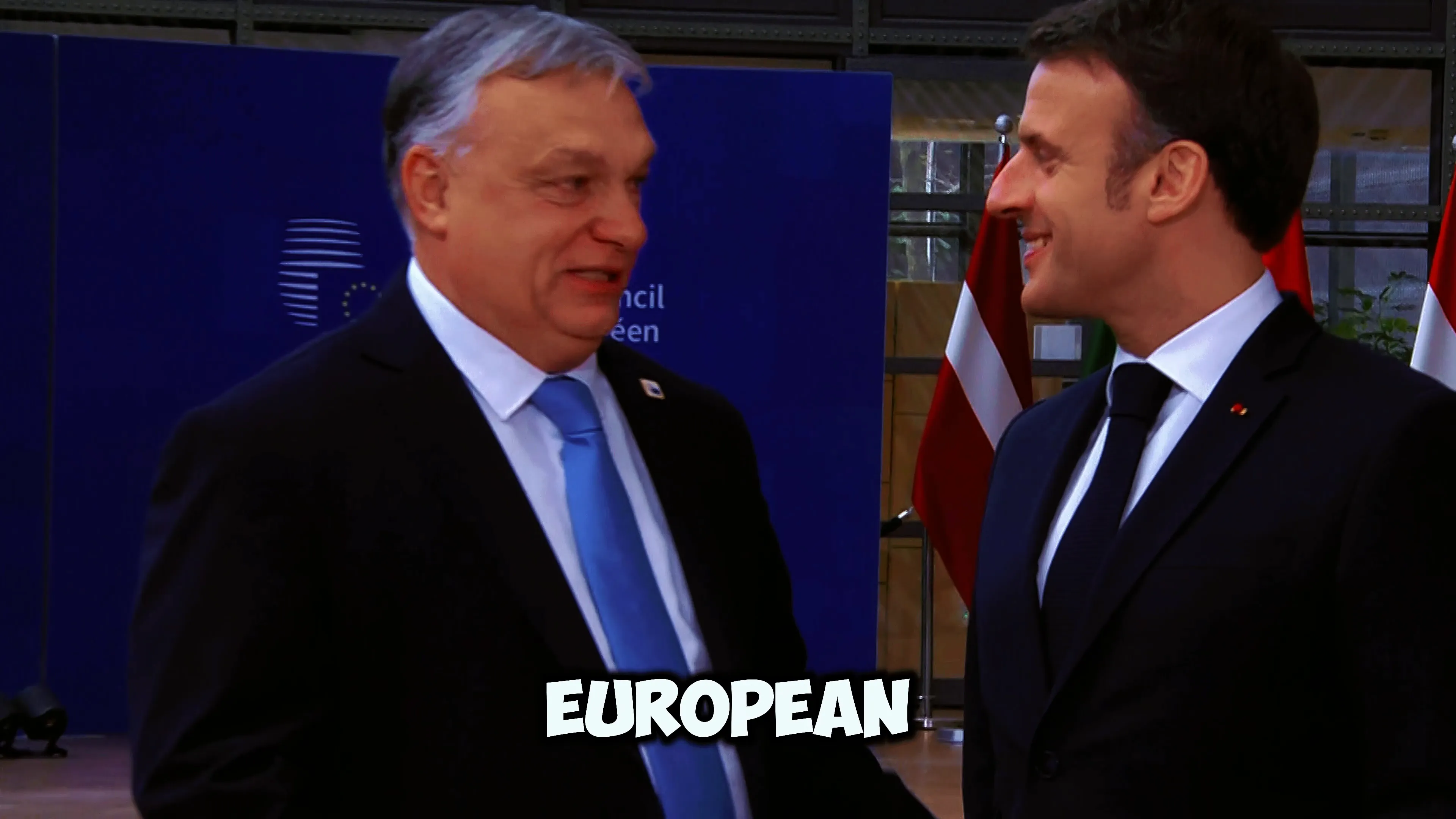
Addressing Immigration and Cultural Identity
Immigration policies need urgent reform to reflect the cultural identity and values of European nations. The influx of individuals from different backgrounds can lead to cultural clashes and societal strain if not managed effectively. It is crucial to establish clear guidelines that prioritize the integration of immigrants while preserving national identity.
Understanding the demographics of incoming migrants is vital. Many asylum seekers do not fit the traditional mold, prompting discussions about their motivations and the implications for host nations. A balanced approach is necessary to ensure social cohesion and stability.

Challenges with Current Immigration Policies
Current immigration policies often fail to address the realities of the situation. Many nations are bound by international treaties that limit their ability to enact stricter immigration controls. As a result, countries face overwhelming numbers of asylum seekers, straining resources and public services.
To regain control, nations must advocate for policies that prioritize their citizens’ needs while still adhering to humanitarian principles. This balance is crucial in fostering public support for immigration reform.
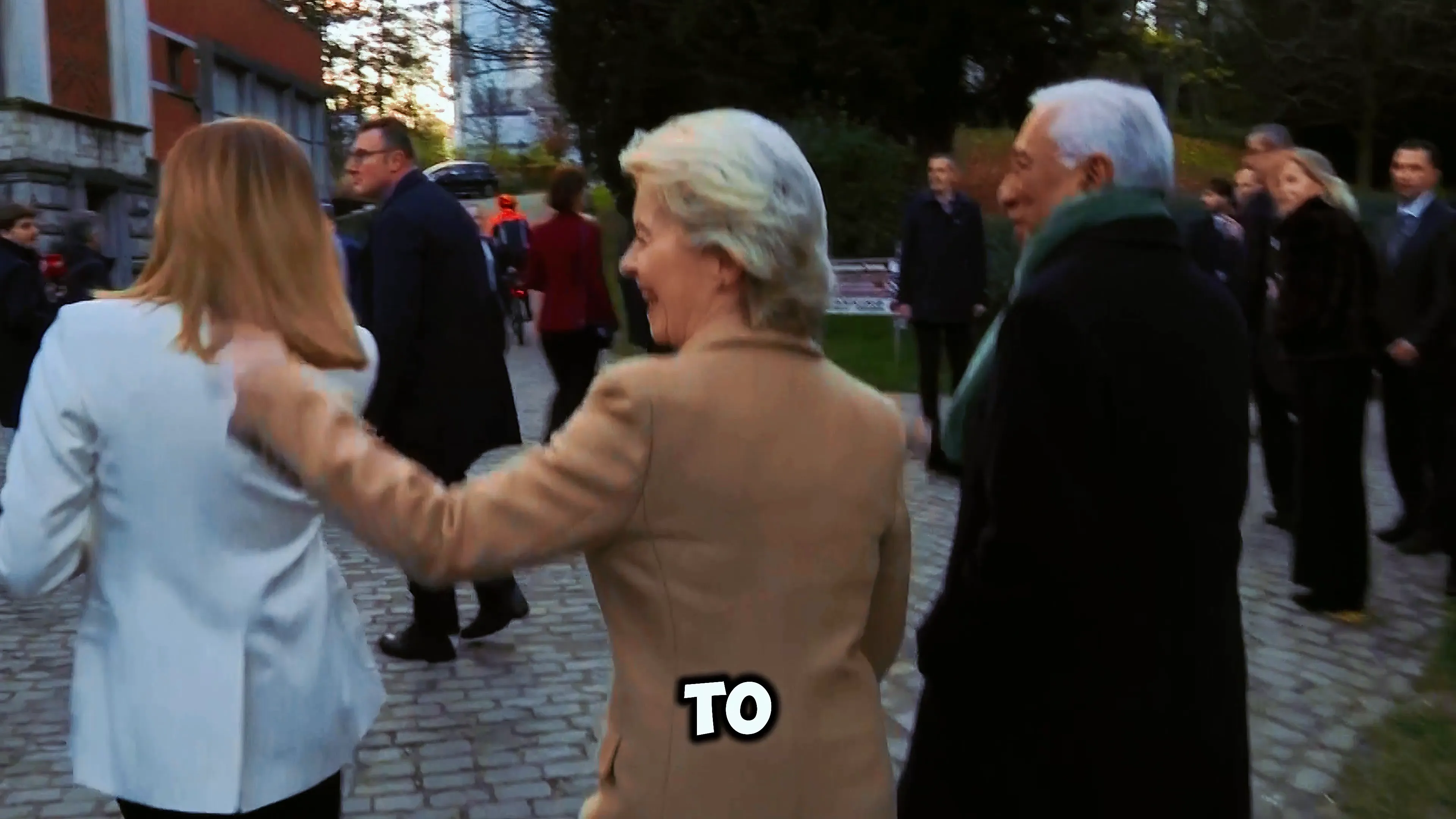
The ongoing debate surrounding immigration, national identity, and governance in Europe reflects a broader struggle for autonomy and representation. As citizens demand change, it is essential for leaders to respond with policies that reflect their desires for a secure and prosperous future.
The Effects of Sanctions on Russia
Sanctions against Russia have become a focal point in discussions surrounding international relations and national security. While the intention behind these sanctions is to penalize aggressors like Putin, their effectiveness is questionable. In reality, sanctions often fail to achieve their desired outcomes.
Instead of crippling the Russian economy, sanctions have pushed Russia to seek new partnerships, especially with countries like China and India. This shift not only allows Russia to sustain its economy but also to profit from higher prices for its resources. The true cost of these sanctions is borne by the citizens of Europe who are affected by rising energy prices and economic instability.

Military Weakness and the Need for Defense Reform
The military capabilities of many European nations are alarmingly inadequate. The Dutch military, for instance, has been criticized for its lack of preparedness and resources. With the state secretary of defense admitting that the country could sustain a war for only three days, the urgency for reform is clear.
Investing in defense is not just about military hardware; it is about ensuring national security and the ability to respond to threats. Strengthening NATO borders and enhancing national defense capabilities should be a priority for all member states. Without a robust defense, nations risk vulnerability in an increasingly uncertain geopolitical landscape.
National Interests and Asylum Seekers
National interests must take precedence in shaping immigration policies. The current system often fails to differentiate between genuine asylum seekers and economic migrants. Most asylum seekers entering the Netherlands come from safe countries, which complicates the narrative surrounding their status.
It is essential to reassess the Dublin Agreement and reinforce the principle that each nation should control its borders. By doing so, countries can better manage the influx of migrants and ensure that resources are allocated to those who truly need them. This approach is vital for maintaining social cohesion and public support for immigration policies.
Reinstating Dutch Border Control
Reinstating border control is a crucial step toward regaining sovereignty over immigration policies. The current Schengen Treaty hampers the ability of nations like the Netherlands to manage their own borders effectively. By removing this treaty, the Netherlands can decide who is allowed entry based on its national interests.
Implementing military police at the borders would enhance security and ensure that only those with valid visas or asylum claims are permitted entry. This measure is not just about controlling numbers; it is about protecting the cultural identity and social fabric of the nation.
Demographics and Challenges of Asylum Seekers
The demographic makeup of asylum seekers poses additional challenges. A significant portion of these individuals are young men, which raises concerns about societal integration and safety. The Dutch government must address the growing number of asylum seekers who are unable to be accommodated within the existing infrastructure.
As the country grapples with over 50,000 asylum seekers annually, the strain on housing and social services becomes unsustainable. It is imperative to adopt policies that prioritize the needs of citizens while ensuring that humanitarian obligations are met. A clear and decisive approach to managing demographics is essential for maintaining order and stability.
The Ideological Struggle with Immigration
Immigration is not merely a logistical issue; it is an ideological struggle that impacts national identity. The influx of individuals with differing values and beliefs can lead to tensions within society. A survey revealing that a significant percentage of Muslims in the Netherlands prefer Sharia law over secular law highlights the potential for cultural conflict.
This ideological divide necessitates a reevaluation of immigration policies. Nations must establish clear guidelines that promote integration and uphold the cultural values of the host country. Addressing this ideological struggle is vital for fostering a cohesive and harmonious society.
Citizen Discontent and Political Change
Citizen discontent is palpable across Europe, driven by issues surrounding immigration, crime, and economic challenges. People feel ignored by their governments and are increasingly seeking alternatives. This discontent has led to a rise in support for patriotic parties that promise to address these pressing concerns.
Recent political shifts in countries like Italy, Poland, and Hungary signal a desire for change. Citizens are rallying around parties that prioritize national interests and reflect their values. This wave of political change represents an opportunity for a fresh approach to governance that aligns with the needs of the people.
A Call for Action and Change
The time for change is now. Citizens must not only voice their concerns but also take action. Engaging in the political process, advocating for reform, and supporting leaders who prioritize national interests are essential steps toward reclaiming sovereignty and identity.
By uniting against ineffective governance and demanding accountability, citizens can drive the change they want to see. It is crucial to remain steadfast in the pursuit of a future that prioritizes the needs of the nation and its people.
